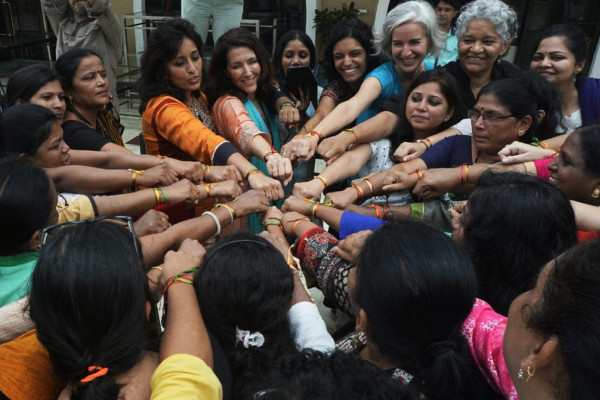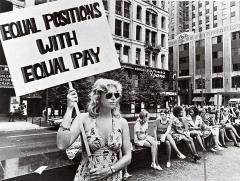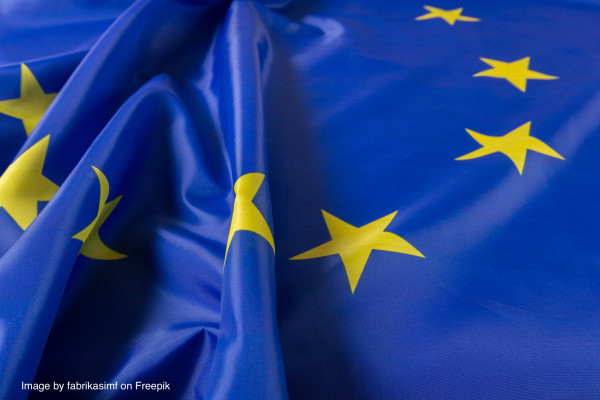As businesses address the risks of a global health pandemic on how they do business, including where they source from, many global chains and small businesses alike are moving to adapt their ways of doing business. Unions see attention being paid like never before on the most egregious violations of worker’s rights – in the form of modern slavery – though global supply chains becoming visible to consumers and investors and to be more “purposeful” and take action on the exploitation of workers down the supply chains. The most vulnerable are women workers in poor countries. How can we use the COVID19 recovery to ensure we end exploitation and build businesses and a global economy that is both fair and resilient?"
Alison Tate is the Director of Economic and Social Policy, International Trade Union Confederation (ITUC), the peak union body – based in Brussels. The ITUC represent 207 million workers in 165 countries.
Alison’s role includes representing unions in bodies including the UN, the G20 and international financial institutions. She serves on numerous boards including ILO Better Work, the Business and Human Rights Resource Centre, the Ethical Trading Initiative. She is a Commissioner on the Financial Sector Commission on Modern Slavery and Human Trafficking.
An economist with experience in national and global economics, international trade and investment, social policy, human and trade unions rights, sustainable development, climate change, migration, labour standards compliance, responsible investment and corporate accountability.
Alison leads the ITUC’s work on “Global Shifts and Just Transitions” which includes the industrial, social, political and economic transformation that is needed in order that people and the planet thrive and that globally we turn around the current trajectory on climate change in the next 10 years.
https://www.ituc-csi.org/ituc-frontline-campaigns-and-pillars
Note: Content and images not intended for copyright infringement.







